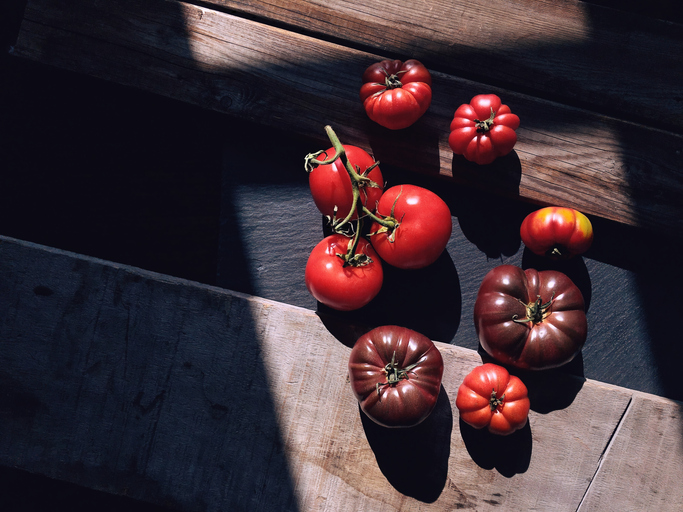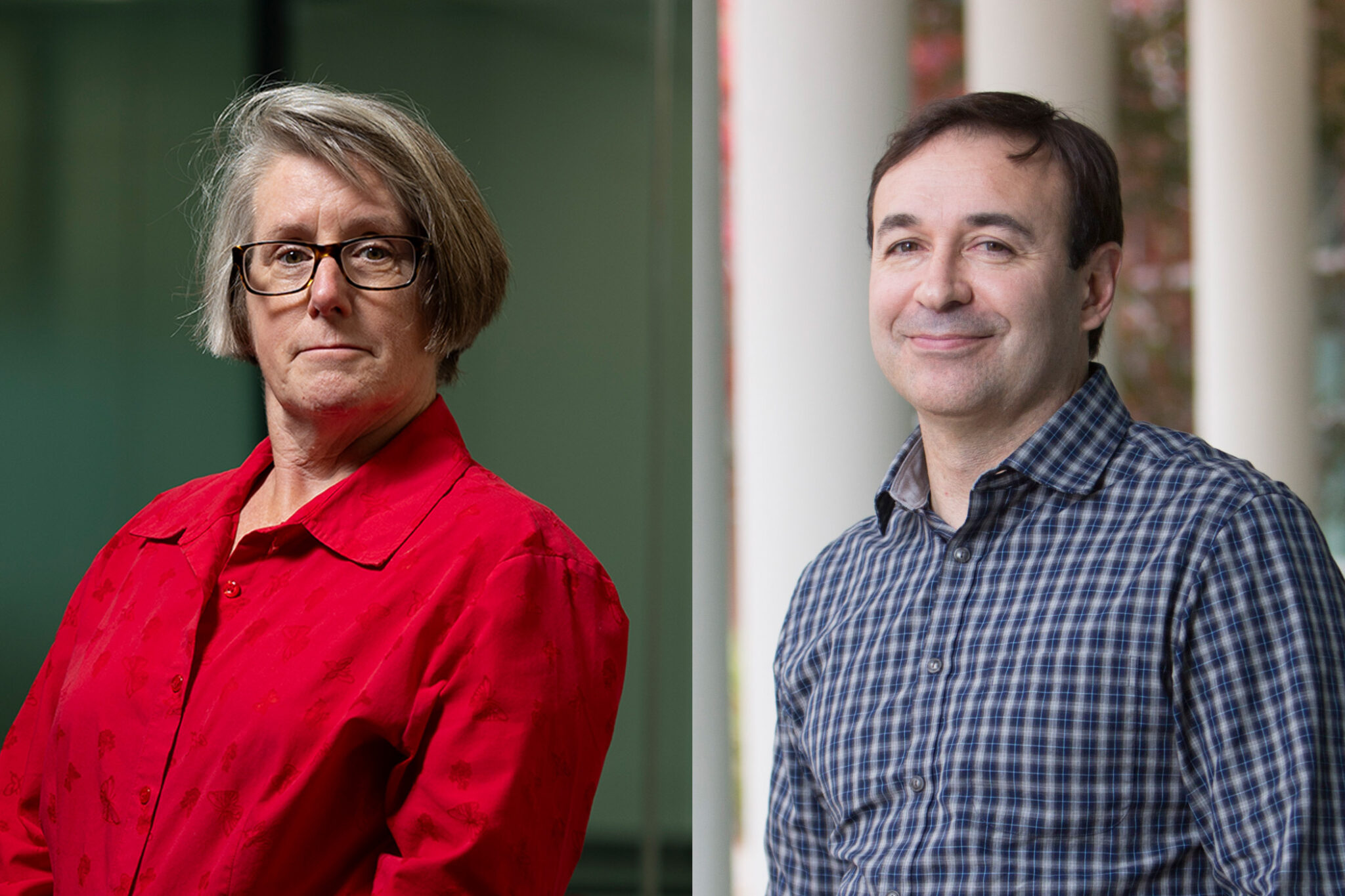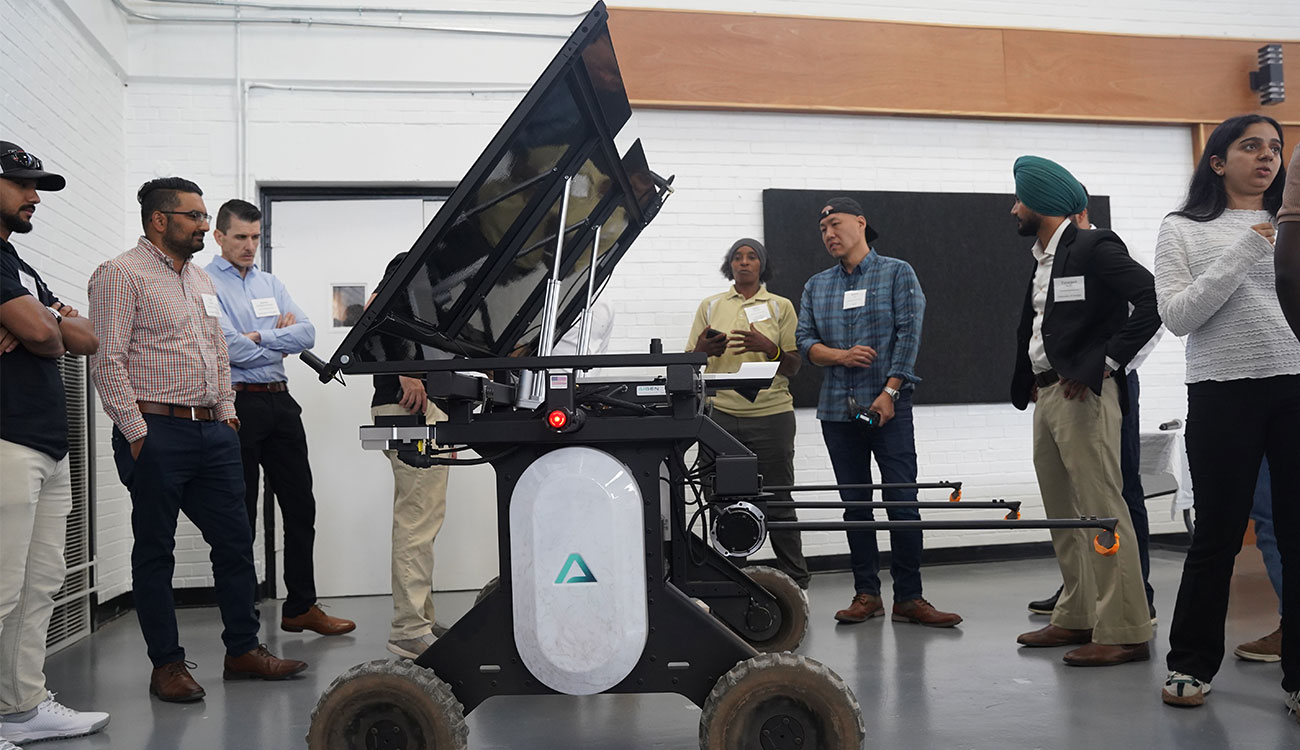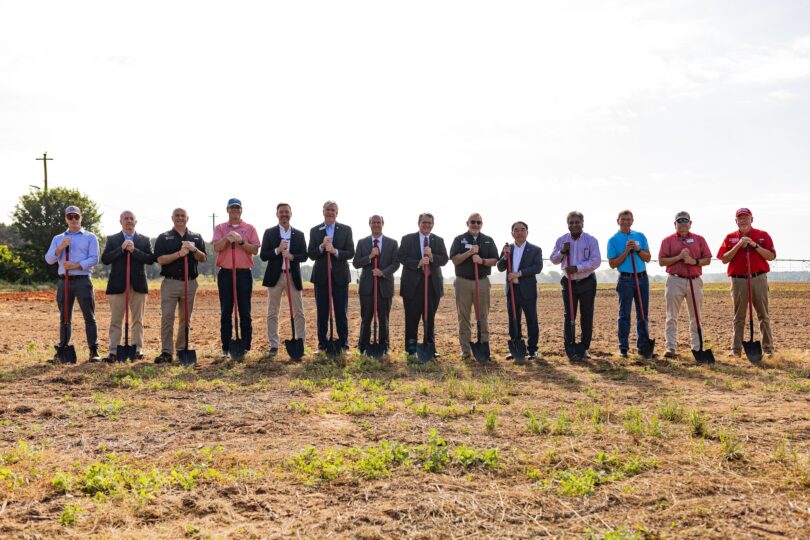Georgia gardeners want lush lawns and award-winning vegetables. But they also care about the damage pesticides and fertilizers can cause the environment, says a University of Georgia survey.
Researchers in the UGA College of Agricultural and Environmental Sciences are crafting guidelines to help homeowners choose garden and landscape practices that don't harm the environment. But they needed information.
What Are Georgia Gardeners Doing?
"Before we can develop guidelines, we need to know how Georgia gardeners use pesticides and fertilizers," said Susan Varlamoff, the survey coordinator. "The survey results are helping us determine the level of information we need to put into the homeowner best management practices manual."
The survey was funded by the Pollution Prevention Assistance Division of the Georgia Department of Natural Resources. The BMP manual will be developed with a federal Environmental Protection Agency grant.
Both projects are part of a five-year program aimed at educating homeowners on reducing the environmental effects of improper gardening.
"Our goal is to reduce nonpoint-source pollution, which is a result of runoff from landscapes containing pesticides and fertilizers," said Varlamoff. "We're also searching for ways to provide correct gardening information to homeowners."
During the summer of 1999, 400 Georgians took part in the survey, which was designed by a team of CAES researchers and implemented by the UGA Survey Research Center.
The survey asked gardeners about general and specific practices. It asked, too, where they get their gardening information.
Gardeners Want to Use Environmentally Friendly Products
"We were surprised to find that people are already gardening to protect the environment," Varlamoff said. "Of the people we surveyed, 67 percent are choosing products they believe to be environmentally friendly."
The survey showed that 45 percent of Georgians are composting household and lawn waste for use in their home landscapes.
But where do they learn about gardening? "Most of the people we surveyed said they get their information from neighbors," Varlamoff said. "Their second-largest source was television."
The study also showed that they prefer to get their information where they buy their gardening supplies.
"We need to know where our efforts need to be directed and how people want to receive this information," Varlamoff said. "Our goal is to educate the gardening public for everyone's benefit.
"People need to know, for example, not to apply fertilizers when a heavy rainstorm is expected," she said. "The chemicals won't have time to be absorbed into the soil before they're washed away. They also need to apply only as much as the grass or plants can use."
Open to Alternatives
Another key question was whether Georgia gardeners are open to using nonchemical ways to control pests.
"It's one thing for our college's researchers to develop and test nonchemical methods of control," she said. "But this can only be effective if people are willing to adopt these methods.
We needed to know if people are open to planting pest-resistant plant varieties or applying insecticidal soaps instead of spraying chemicals."
The answer? Most are very willing to try.
Of the people surveyed, 69 percent said they want to learn more about alternative ways to control pests, and 72 percent are willing to plant pest-resistant varieties.
"People are becoming more and more aware of alternative methods because they're becoming more available in gardening centers," Varlamoff said. "You can even buy lady beetles over the counter now."
Weed-free Lawns a Top Priority
But the quest for the perfect, weed-free lawn is also a top priority. The survey found that:
* 67 percent rated a weed-free lawn as very important.
* 41 percent use herbicides to control weeds.
* 23 percent apply fungicides to control diseases.
* 63 percent apply insecticides to control insects.
"All these chemical controls can be contributing factors to runoff pollution," she said.
Varlamoff is confident a BMP manual would help Georgia gardeners and the environment.
"Now that we know the kinds of information Georgian gardeners want and need, we're developing our best management practices manual," she said.
"The manual will first be used to train people who enroll in the University of Georgia's Advanced Master Gardeners Program through the county extension offices," she said. "The information will eventually be available through all media: newspapers, television, radio, fax newsletters and the Internet."






